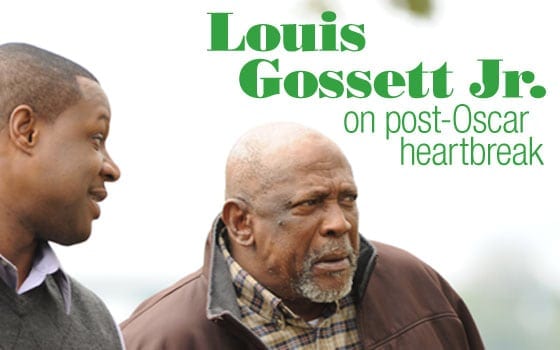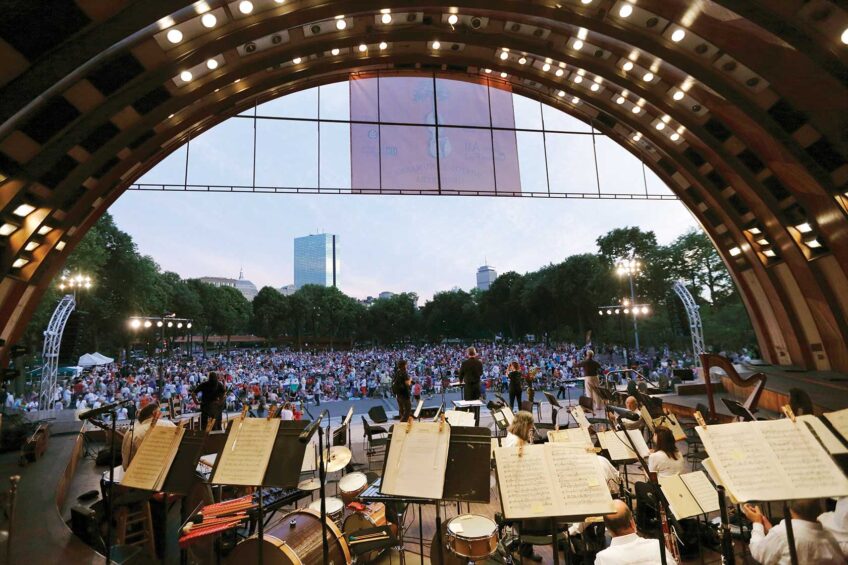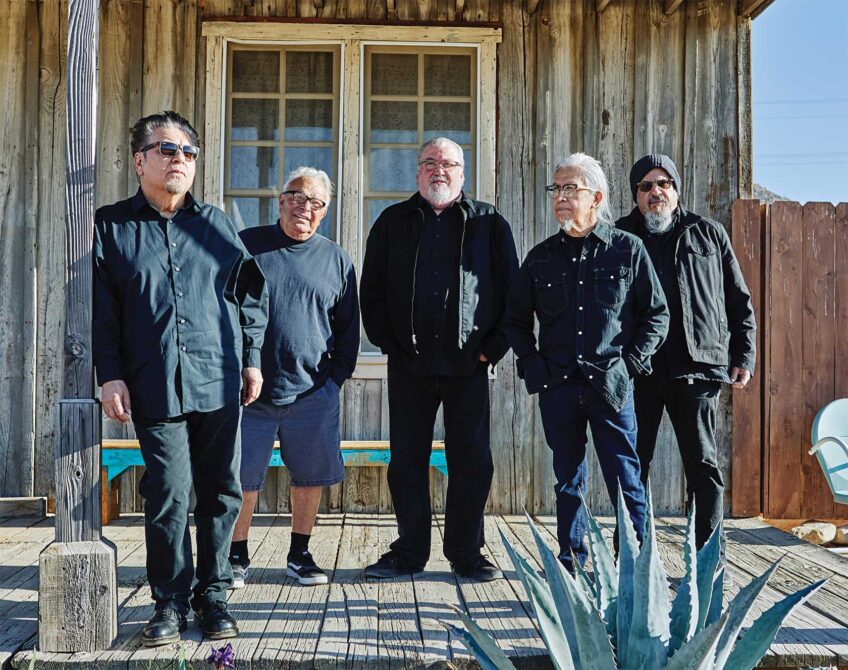

Louis Gossett Jr. has been in the acting game for a long time. In 1953, a 17-year-old Gossett made his Broadway debut in “Take a Giant Step.” His first turn on the silver screen came as Beneatha Younger’s bourgeois suitor, George Murchison, in the 1961 classic film “A Raisin in the Sun.”
The Brooklyn, N.Y., native — who passed on an athletic scholarship while at New York University to focus on theater — has since starred in more than 150 theatrical releases and television productions, including his role as Gunnery Sgt. Emil Foley in the 1982 film “An Officer and a Gentleman,” for which he won an Academy Award for best supporting actor. But it was his Emmy-winning role as the older slave Fiddler in the 1977 groundbreaking TV miniseries “Roots” and its follow-up, “Roots: The Gift,” that introduced Gossett to many households.
At the time of his Oscar win, Gossett, now 76, was just the second black man to take home a gold statue for acting — the first was Sidney Poitier, who won the 1964 best actor prize for Lilies of the Field. With that accolade, it would have seemed a no-brainer that Gossett’s career would take off. But things didn’t pan out as he expected, ultimately leading him to be ensnared by self-pity and substance abuse.
Gossett talks here about how his life changed after his Oscar win, his battle with alcoholism and why he walked out of “Django Unchained.”
How did your life change after you won the Oscar for best supporting actor 30 years ago?
It’s been a whirlpool; it’s been a roller coaster. But it took a minute for people to find things for me to do. It was the same thing with Roots; there wasn’t much employment. I did a lot of television, thank God. I did something with Chuck Norris. And I starred in the “Iron Eagle” movies. I got a chance to play [Anwar] Sadat. It was mostly all television.
I never got a million dollars for any movie I did in 60 years. Nobody paid me any money. So I figured my role was to keep the door open, to help break the door down. And I have a nice track record. So my role was to break the door down. I stand on Sidney Poitier’s shoulders.
There’s been a lot of talk and controversy over the years about the lack of black Oscar nominees.
There’s got to be a comprehensive inclusion of our stories. When we do something relevant, we get nominated right away. Denzel, Forest, Morgan or Jamie probably get nominated once a year because they’re that great. Let’s not worry about the small [number] of blacks getting nominated at the Oscars. Let’s look at the product. And worship those guys with relevant stories.
It’s my prayer that Spike Lee gets his money so he can do more relevant stuff, and Antoine Fuqua, too. There are so many stories that Halle Berry could do, Forest Whitaker. And we can’t measure it with our inclusion in the Oscars and the Emmys. We just have to do it.
You started drinking shortly after “An Officer and a Gentleman” came out?
I started drinking when nothing happened. I got the Oscar, but I didn’t get the work. And I got my heart broke. I was hurt. I said, “What else is there to do? I got the Oscar, but they’re not beating my door down.”
It’s a very lonely position — very lonely … And sometimes black people help pull black people down by sending drugs and alcohol and pretty women to them to pull them down and to make money. We have to be careful. I’ve devoted myself to staying focused by saying to young people there’s a better way to go, and you’re needed.
How long did you deal with alcoholism?
I struggled with alcoholism on and off for 10 to 15 years. And I worked at the same time, until I couldn’t work. And I stopped. Thank God I stopped. I was doing to me what was done to me. I was being isolated, I was being second-classed, I was being underpaid, I was being ripped off.
I didn’t think I was being respected as somebody who had won an Oscar or Emmy. I didn’t think I was getting the money or the [proper] treatment on sets. And it builds up, and what it does is it becomes poison in my own system. So it’s nothing they have to do to me; I’m doing it to myself. I’ve been sober for about 15 years now.
Did you see “Django Unchained”? What were your thoughts?
Great movie. Great performances. Too many n-words. I’m not against Django. The first time I saw it, I was the only black man in the screening room … I’m sitting in the back, and every time the n-word happened, every white person sitting in that room turned around and looked at me. I said, “You all can kiss my butt,” and I left. I had to go somewhere else to see the movie. I just got uncomfortable watching the movie and people turning around and looking at me.
I’m getting ready to be 77, and I was around when the n-word was used to inflict pain … I figure there’s a better way to tell that story with not so many [slurs]. You can use them. But you have to know that it still touches me.
Do you think a black director could have done that movie?
I think so. But they would’ve done it in a different way. Jamie did a brilliant job. Django is a great character. My secret wish — because of my 60 years in this business — I wish that he would do [the black cowboy] Deadwood Dick, who was Nat Love, and put those dolls out for our kids to idolize and know that that’s a real character, a man of history. Nat Love was the greatest cowboy ever.
Then there was Bass Reeves, who was the number one marshal, not Wyatt Earp. We should know that on our fingertips; we should know that information. Nat Love’s the greatest cowboy ever in the West. How come there’s never been a movie about that man?
In what ways do you help younger people?
I’m mentoring young actors … I have a foundation I started in 2006 called the Eracism Foundation because of some of the experiences I’ve had on set because I was black and not treated as well as white actors. Also, this year I want to put in place the Shamba Center, which offers a full educational system where children can learn about who they are and upon whose shoulders they stand.
This article originally appeared in The Root.






